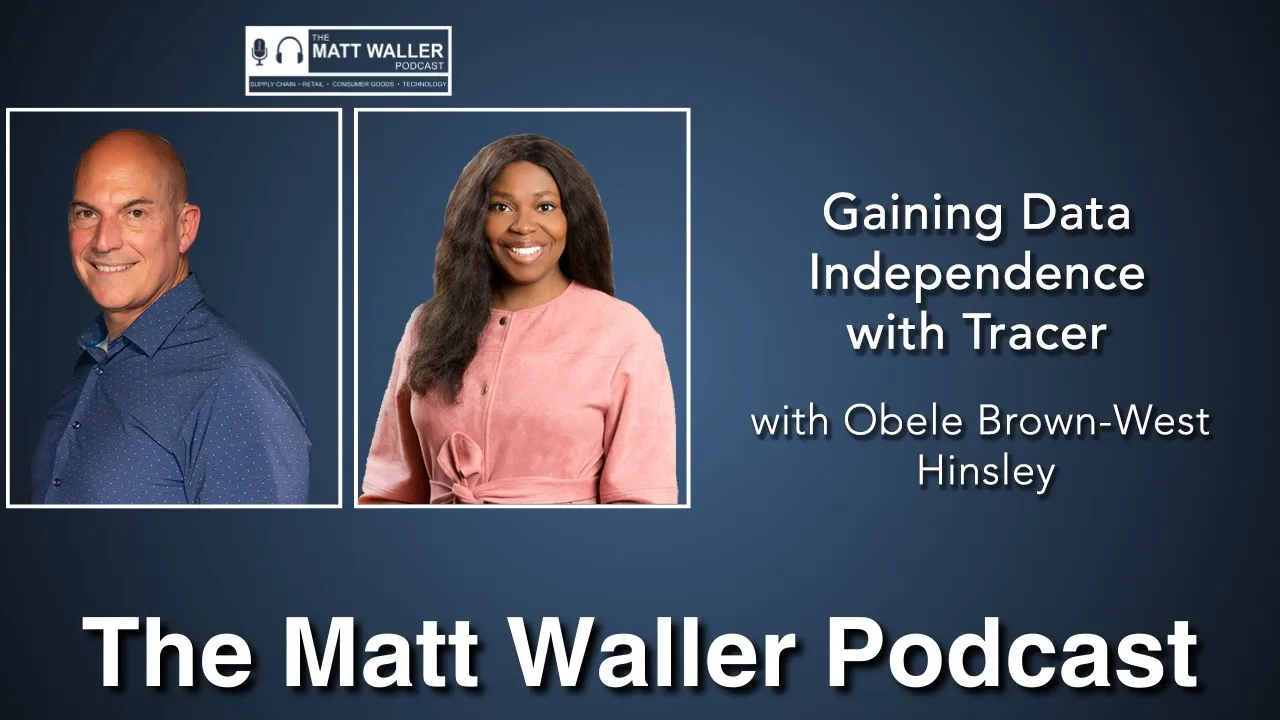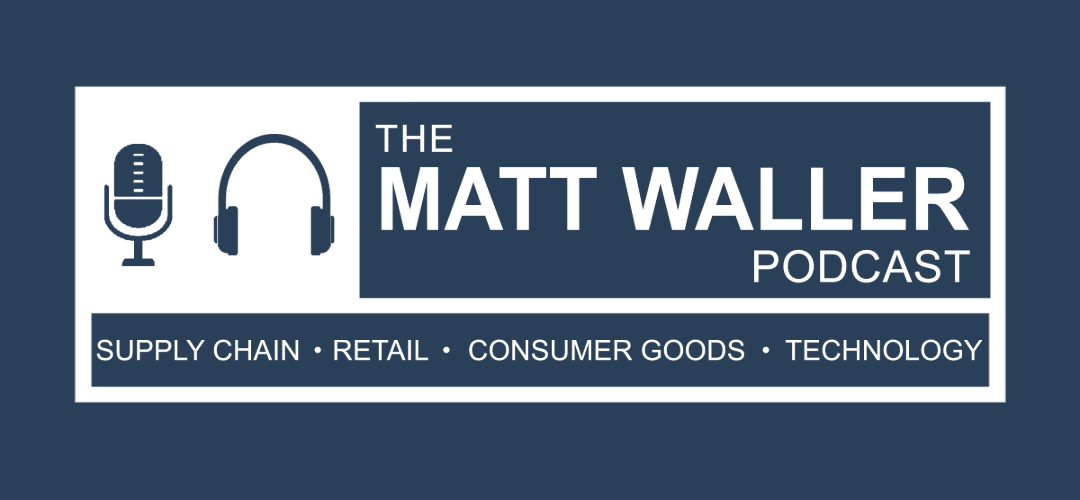As someone who has spent years working with messy, fragmented data in the supply chain field, I was immediately intrigued by Tracer - an innovative data analytics platform helping brands make sense of their dispersed information streams. During my interview with Obele Brown-West, Tracer's president, I gained valuable insights into how this powerful tool is empowering companies across industries to take control of their data.
Incubated within the marketing powerhouse VaynerMedia, Tracer was originally developed to provide clients with unprecedented visibility into their advertising performance metrics. However, as Obele explained, the founders quickly realized Tracer's potential extended far beyond just the marketing realm. By spinning it out as a separate venture, they enabled Tracer to solve widespread "data wrangling" challenges faced by businesses of all types.
From our discussion, it became clear that in today's hyper-fragmented digital landscape, sprawling data remains an acute pain point for brands trying to make informed decisions. "The promise of Tracer is to actually make sense of the data so you can understand your business and grow," Obele told me. Whether grappling with advertising data, supply chain information, or other inputs, companies are struggling to consolidate and harmonize their various data sources.
Tracer's unique ability to ingest, contextualize and derive insights from any type of structured data resonated deeply with my own experiences. I vividly recall the endless hours spent cleansing, normalizing and merging disparate data sets - often resulting in stale outputs by the time the heavy lifting was complete. Tracer eliminates this wasteful process by providing a single platform to bring all of a company's data together in real-time.
One of the most powerful examples Obele shared was Tracer's partnership with Papa John's. By enabling visibility across national brand advertising and separate local franchisee efforts, Tracer gave the company ownership over its full data footprint for the first time. No more cobbling together spreadsheets or dealing with information delays. With an integrated, always-current view, Papa John's could optimize its complete media investment.
As we discussed, this data accessibility and agility translates into a formidable competitive advantage, especially in today's economic climate. "People are trying to get to a better understanding of their investment into anything," Obele said. "They're really trying to understand...how can they make more informed decisions?" Companies able to quickly assess what's working and adapt in real-time will inevitably outperform those still flailing based on fragmented, outdated inputs.
From retail media to direct-to-consumer disruption, the consumer landscape is being upended. Brands urgently need the ability to test, learn and pivot strategies with speed. I was impressed by Tracer's flexible data modeling capabilities tailored for complex environments like retail, where harmonizing point-of-sale, media, inventory and other data sources is critical.
Beyond its robust data integration and business intelligence application, I also admired the relentless entrepreneurial drive pulsing through Tracer. As a former VaynerMedia build, the team embraces an ethos of continual innovation required to outpace the ever-shifting data ecosystem. I sensed a palpable energy emblematic of a startup laser-focused on solving gnarly data challenges as they emerge.
Gaining Data Independence with Tracer



Member discussion: